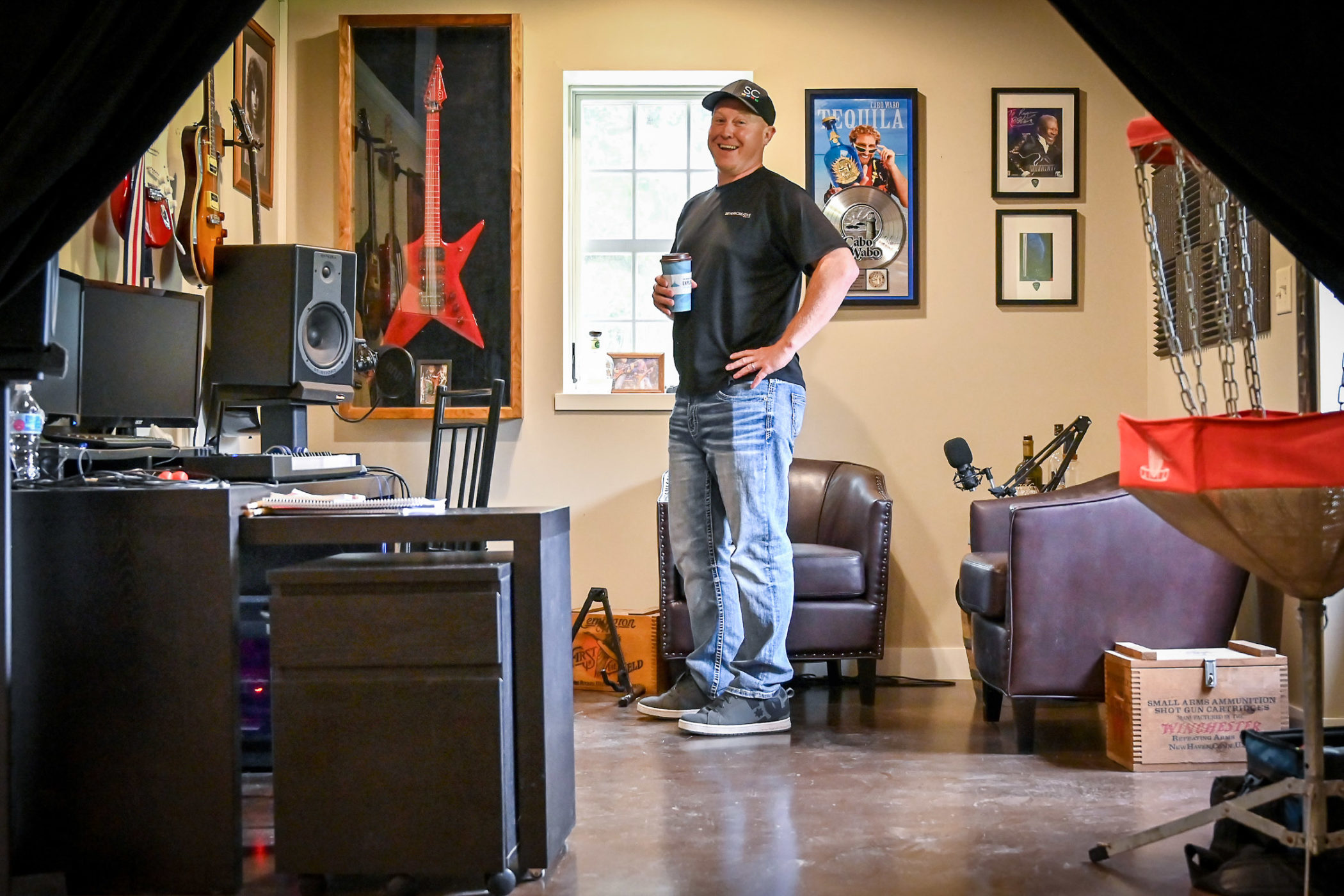About the project
Red Wing, Minnesota, is a city of about 16,300 residents along the Mississippi River in southeastern Minnesota, located on the land of the Mdewakanton people of the Prairie Island Indian Community about an hour from the metropolitan areas of the Twin Cities and Rochester. In 2019, Red Wing was a part of the first Rural Innovation Initiative cohort, a technical assistance program run by the Center on Rural Innovation and its sister organization Rural Innovation Strategies, Inc.
This case study investigates how a rural community can promote tech entrepreneurship and tech-centric workforce development by working as part of a larger regional ecosystem.
In rural southeast Minnesota, ecosystem leader Red Wing Ignite and its partners encountered four central reasons for why a regional approach to rural tech-based economic development, once it is adopted, can be so effective:
- It can break down the silos between organizations, create greater trust, and facilitate knowledge sharing.
- It builds a broader network of contacts, entrepreneurs and tech-centric people who can support each other, creating a virtuous cycle.
- It creates a wider array of opportunities for those seeking to pursue a career in the tech space, and support those in need of digital skills.
- It can influence the way that money flows to entrepreneurs, tech education, and digital skilling programs.
Red Wing is just one community of many across the U.S. that tell the story of how regional collaboration can promote tech-based growth in rural places. In addition to outlining the processes and strategies that Red Wing took, we offer a toolkit of questions and suggestions for rural communities to consider when thinking about approaches to building regional collaboration.
Read the report:
This content was prepared by Rural Innovations Strategies, Inc. using Federal funds under award ED20HDQ3120070 from the U.S. Economic Development Administration, U.S. Department of Commerce. The statements, findings, conclusions, and recommendations are those of the author(s) and do not necessarily reflect the views of the U.S. Economic Development Administration or the U.S. Department of Commerce.



















